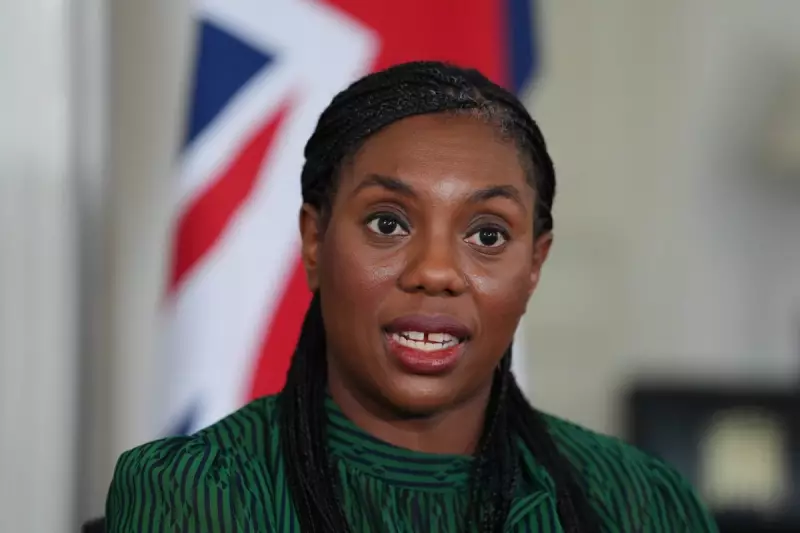
In a dramatic moment at the Conservative Party Conference, Business Secretary Kemi Badenoch made a bold declaration that sent ripples through political circles, claiming the Tories could still secure victory in the next general election. However, this optimistic assessment faces a stark reality check from one of Britain's most respected polling experts.
The Conference Clash
Speaking to party faithful in Birmingham, Ms Badenoch asserted with confidence that Conservative prospects were far from doomed. "We can win the next election," she proclaimed, setting a defiant tone against widespread predictions of Tory defeat.
Yet within hours, Professor Sir John Curtice, the renowned political scientist and polling authority, delivered a sobering counterpoint that challenged this optimistic narrative head-on.
The Hard Numbers Tell a Different Story
Professor Curtice revealed polling data showing Labour maintaining a formidable 17-point lead over the Conservatives. This substantial gap represents one of the largest opposition leads in modern political history at this stage in an electoral cycle.
"The idea that the Conservatives are about to recover - the evidence for that is relatively thin," Curtice stated bluntly, pointing to consistent polling trends that have shown little movement in the Tories' favour despite numerous government initiatives and policy announcements.
A Party at Crossroads
The contrasting narratives highlight the fundamental divide within Conservative ranks as they approach what many consider their most challenging election in decades. While senior figures like Badenoch project confidence publicly, the empirical evidence suggests a much grimmer outlook.
Current polling averages indicate Labour commanding approximately 43% of voter support compared to the Conservatives' 26% - numbers that if reflected in a general election would likely result in a Labour landslide of historic proportions.
Expert Analysis Versus Political Optimism
Professor Curtice's intervention carries particular weight given his decades of experience and reputation for impartial analysis. His assessment suggests that the Conservatives face not just a temporary dip in popularity but a fundamental erosion of their electoral coalition.
The polling expert emphasised that turning around such a significant deficit would require unprecedented political recovery, something rarely seen in British electoral history.
As both parties prepare for the looming election battle, this clash between political rhetoric and statistical reality sets the stage for one of the most intensely scrutinised campaign periods in recent memory.






